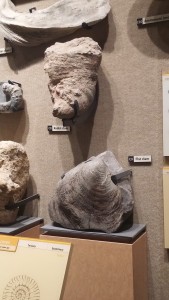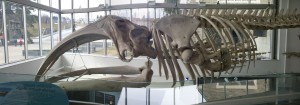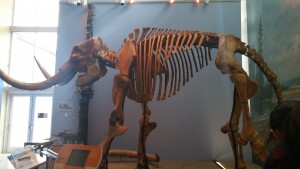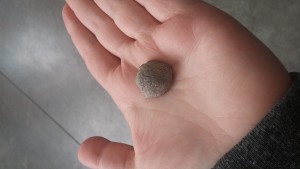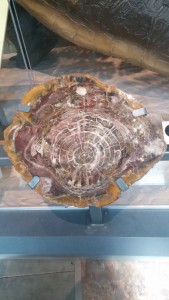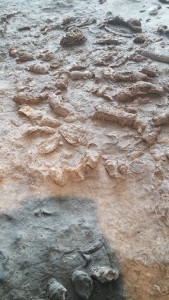This past week I was able to hear Andrew Mertha talk about the role that China has had in Cambodia’s history and economy. This is a topic that I am not very familiar with so I found it interesting to hear his personal stories of travelling to Cambodia and interacting with the people there. I found it interesting that the librarians he worked with were not being paid and therefore were willing to work on a national holiday, as long as they were paid. I also found it interesting how he found many materials that were entirely in Chinese, especially since that it is not the main language spoken in Cambodia. When he explained how China was a big influence in Cambodia at this time, it made a lot more sense.
I find the history of other countries to be very intriguing. We are taught US history throughout our entire time in grade school, middle school and high school and it is refreshing to hear what other countries went through and where they are at today. Andrew Mertha did a wonderful job presenting the information and kept the audience engaged the entire time. I also thought it was fascinating that we have a program that allows students to go to Cambodia during the winter January session and earn credits. Overall, this was definitely one of my favorite talks thus far.

